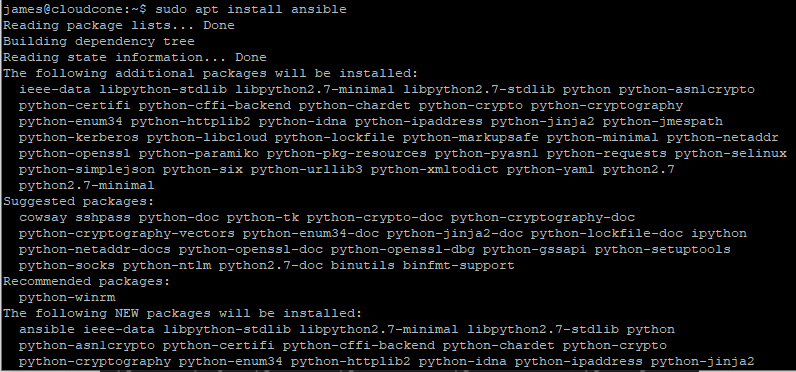By default, ssh-keygen will create a 2048-bit RSA key pair, which is secure enough for most use cases (you may optionally pass in the -b 4096 flag to create a larger 4096-bit key). After entering the command, you should see the following prompt. It can create RSA keys for use by SSH protocol version 1 and RSA or DSA keys for use by SSH protocol version 2. He type of key to be generated is specified with the -t option. If invoked without any arguments, ssh-keygen will generate an RSA key for use in SSH protocol 2 connections. Step 1: Generate SSH Public/Private Key Pair on CentOS/RHEL Desktop. On your CentOS/RHEL desktop (not your server), enter the following command in a terminal window. Ssh-keygen -t rsa -b 4096. Where:-t stands for type. The above command generates an RSA type keypair. RSA is the default type.-b stands for bits. By default, the key is 3072 bits long. Sshknownhosts file format The /etc/ssh/sshknownhosts and /.ssh/knownhosts files contain host public keys for all known hosts. The global file should be prepared by the administrator (optional), and the per-user file is maintained automatically: whenever the user connects from an unknown host, its key is added to the per-user file.
Centos 7 Ssh Key Authentication
Introduction & Description
Centos 7 Generate Ssh Host Keys
Do not give out, store remotely or otherwise expose your private key to the outside world or you defeat the purpose entirely of using encrypted keys. Doing so is the equivalent to locking the door to your house and leaving the keys in the handle for anyone to use/take.
We’ll be using RSA in this example however, you’re perfectly welcome and able to use DSA if you so choose. The difference is RSA, by default, uses a 2048 bit key and canbe up to 4096 bits, while DSA keys must be exactly 1024 bits as specified by FIPS 186-2. It is recommended to use a 4096 bit key as a matter of habit in today’s world where personal and private digital security is often in question, never view yourself or your systems as invulnerable and always take the strongest precautions that are available to you.
Centos 8 Generate Ssh Host Keys
With that said we’ll give the following command to create our public/private keypair:
Doing the Work

- Create your public and private keypair using ssh-keygen:
(you will have a public key that you copy to the computers you’ll be accessing, and a private key that does not leave your system ever.)cd ~/.sshssh-keygen -t rsa -b 4096